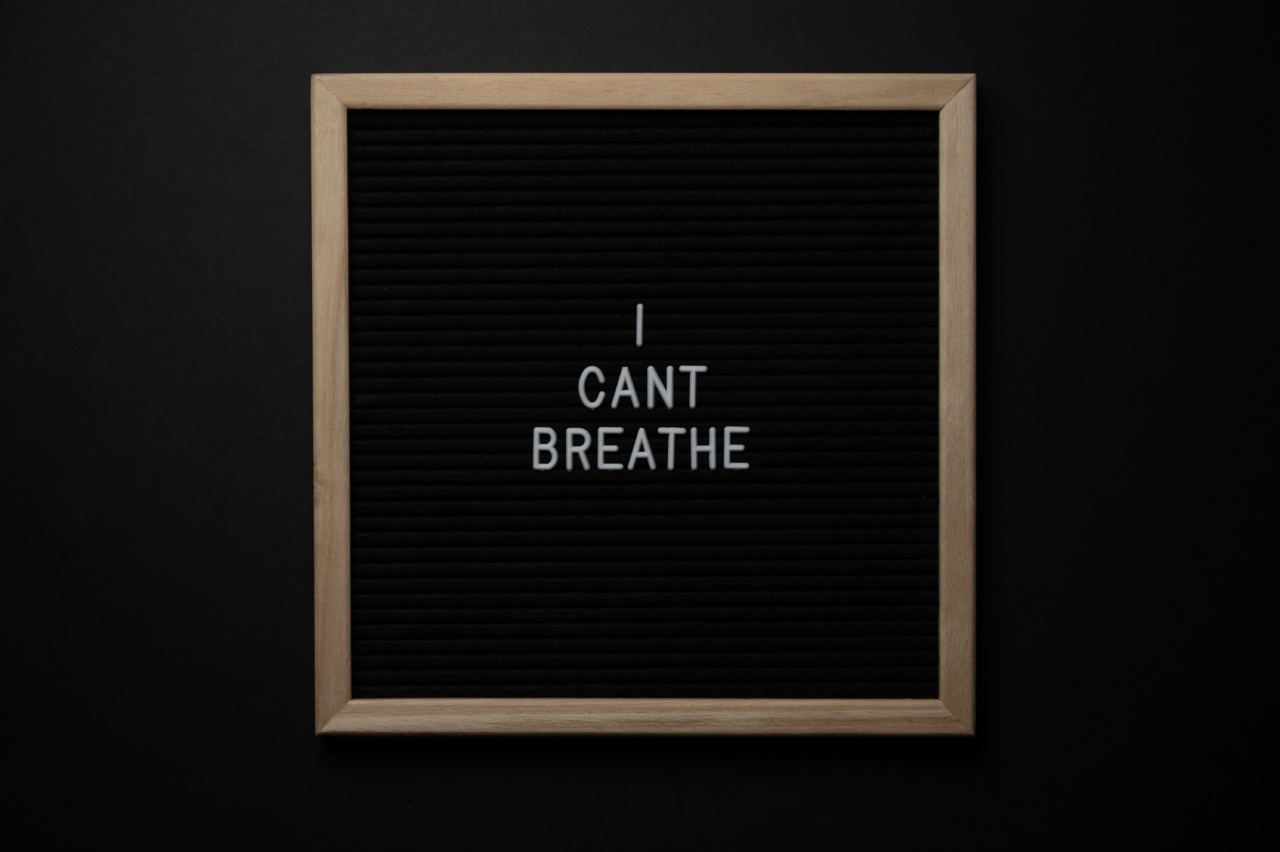Anxiety and depression are common mental health problems experienced by people all around the world. However, the signs and symptoms of these two conditions can vary significantly from person to person.
While some individuals may experience classic symptoms like feeling sad or worried, others may display more subtle or unexpected signs of anxiety and depression. Here are some of the surprising signs that you may be experiencing anxiety or depression:.
Changes in Eating Habits
One of the surprising signs of anxiety and depression is a change in eating habits. Some people with anxiety and depression may find they lose their appetite and have little desire to eat.
On the other hand, some may turn to food as a way to cope with their emotions, leading to overeating and weight gain. There are also some who may experience stomach issues such as constipation, diarrhea, or stomach pain, which are linked to anxiety or depression.
Increased Sensitivity to Physical Pain
People with anxiety and depression may experience an increased sensitivity to physical pain.
This is because both conditions can affect the way the brain perceives pain by altering neurotransmitters, which are responsible for relaying messages between the brain and body. This sensitivity can manifest as an increase in aches and pains, such as headaches or muscle pain, even without an identifiable cause.
Difficulty Sleeping
Another surprising sign of anxiety and depression is difficulty sleeping. People who experience these conditions may find themselves having trouble falling asleep, staying asleep, or waking up too early.
This can lead to fatigue and sleep deprivation, which can worsen other symptoms. The relationship between sleep and mental health is complex, and not getting enough restful sleep can further contribute to anxiety and depression symptoms.
Reduced Concentration
Concentration difficulties are a surprising symptom of anxiety and depression. Having trouble concentrating is a common trait of depression, and it affects short-term memory, cognitive function, and the ability to focus on tasks.
While anxiety may cause reduced concentration, it can also cause overthinking and distractibility, which often lead to poor quality work and procrastination.
Increased Irritability
Anxiety and depression can cause individuals to become irritable, which can impact their personal and social lives.
People may become more easily agitated or angered by situations that would not have previously bothered them, and this can strain relationships and lead to further isolation and stress.
Feeling Emotionally Numb
Feeling emotionally numb is a surprising sign of anxiety and depression. Some people report feeling a loss of emotion or the inability to experience pleasure or excitement. This is called anhedonia and is a common symptom of depression.
It can also be a sign of anxiety, or it could be caused by the combination of the two conditions. Feeling emotionally numb is problematic because it can lead to social withdrawal and exacerbate other symptoms.
Excessive Worrying
While worrying is considered a normal human experience, excessive worrying could be a sign of anxiety.
Ruminating and excessive worry about the future is a sign of generalized anxiety disorder (GAD), which can negatively impact relationships, work performance, and daily life. It is challenging to quit obsessive thoughts if the mind remains preoccupied with distressing ideas and what-if scenarios.
Feeling Helpless
Feeling powerless and helpless is a surprising sign of anxiety and depression. These feelings can lead to a loss of confidence, low self-esteem, and might affect your ability to make decisions and move forward in life.
People may feel like they lack control over situations, and this can further perpetuate a cycle of stress and anxiety.
Social Withdrawal
It is natural to seek solitude when feeling sad, but social withdrawal in people with depression or anxiety becomes severe and persistent. Individuals begin to avoid social outings, family events, and contact with people.
This isolation might be unintentional or as a result of a subconscious desire to avoid judgment or criticism by others. Social withdrawal results in a lack of support, which can exacerbate anxiety and depression symptoms.
Highly Self-Critical
Being self-critical is a trait that individuals with depression and anxiety share. They criticize themselves excessively, focusing on their flaws and flaws that do not exist.
Negative self-talk and a lack of self-kindness are harmful to mental health and self-esteem, but these habits are tough to break. Therapists often employ cognitive-behavioral therapy in treating anxiety and depression to help individuals adjust and positive self-talk.






























